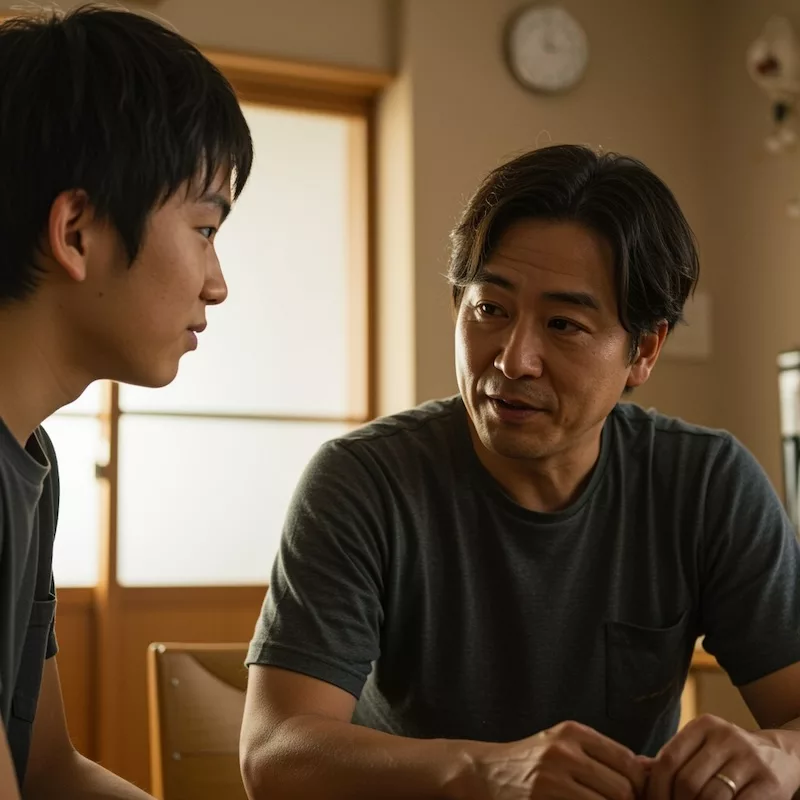Dr. Josh Feder explains how parents can help kids feel safe when hearing about school shootings.
Published On: 09/12/2025
Duration: 04 minutes, 04 seconds
Transcript:
GENEVA VALESKA: And I'm Geneva Valeska, a graduate with a degree in Neuroscience and Cognitive Science, and a podcast coordinator at The Carlat Report. What should parents and caregivers know about school shootings and how to talk to their children?
JOSH FEDER: First, it's important to keep things in perspective. School shootings are tragic and deeply unsettling, but they remain rare. Most schools are safe, and education is still the best place for children to learn, grow, and connect with others. That said, children are hearing about these events from friends, the media, and even drills, so they often have fears they may not express outright.
GENEVA VALESKA: What is the best way to help children feel safe without scaring them more?
JOSH FEDER: Listen, listen, listen, and use open-ended communication. “Tell me what you've heard.” “Tell me what worries you about school.” Validate their feelings without rushing to reassure them too quickly. Just be available, calm, and honest. That can go a long way. When you offer reassurance, focus on the safety measures already in place, the caring adults who are there to help.
GENEVA VALESKA: What's your perspective on school safety drills?
JOSH FEDER: Well, drills are meant to prepare and protect, but if they're done the wrong way, they can increase the fear. We want to make them age-appropriate and not traumatic. For younger kids, this means using gentle language, practicing calmly, and avoiding graphic scenarios. Older students can handle more direct information, but even then, drills should include time to talk about feelings and ask questions. We don't force people to talk, but we give them the opportunity, and schools should collaborate with mental health professionals to guide as other drills are designed.
GENEVA VALESKA: What else can be done to prevent these tragedies?
JOSH FEDER: Look, prevention starts early. As child psychiatrists, we focus on identifying who might be struggling, whether that's social withdrawal, anger, or despair. These kids need connection, not punishment. Mental health support in schools is essential, not just for treatment, but to create a climate where it's safe to ask for help. And yes, we also advocate for responsible gun safety. Keeping firearms locked, secured, and away from children is a basic public health measure, just like seat belts.
GENEVA VALESKA: Any final words for parents who feel overwhelmed by this?
JOSH FEDER: You don't need to be perfect. You just need to show up for your kids. Be present, be curious, and keep the conversation going. When children feel connected, they feel safer, and that is the best protection that we can offer. You can learn more about these topics if you go to the National Child Traumatic Stress Network website, NCTSN.org. At Carlat, we are happy to bring you topics that are of immediate importance, and everything from Carlat Publishing is independently researched and produced. There's no funding from the pharmaceutical industry.
GENEVA VALESKA: The newsletters and books we produce depend entirely on reader support. There are no ads, and our authors don't receive industry funding. That helps us to bring you unbiased information that you can trust.
JOSH FEDER: Thanks to all of you for tuning into this episode. If you found this discussion helpful, subscribe to more episodes on mental health and psychiatric care, and tell your friends. Until next time, take care.
This podcast is presented for informational purposes and clinical guidance related to current events. There is no CME Post-Test or CME credit available for this activity because it does not reach the minimum length of 15 minutes for accreditation.


_-The-Breakthrough-Antipsychotic-That-Could-Change-Everything.webp?t=1729528747)



